If you live in a region with moist air throughout the year, then a dehumidifier can help solve that problem. One thing you might be wondering is whether furnaces already come with a dehumidifier or if you'll have to buy one separately. We did the research to bring you the answer.
Dehumidifiers do not come with the furnace system. You will need to buy a dehumidifier separately and install it on your HVAC system. Having a dehumidifier added to your furnace is more efficient than having a completely separate unit.
If you are experiencing adverse effects from the moist air in your home, then a dehumidifier is a great option. However, if you plan to live in the home for a long time, having one added to your HVAC system may be the way to go. This article will discuss adding a dehumidifier to your furnace and the benefits. In addition, we will take a closer look at how much you can expect to pay for a whole dehumidifier system. Let's get into it!

How do you know if your furnace has a dehumidifier?
The easiest way to find out if your furnace has a dehumidifier is to ask your HVAC company. If they already provide an annual service for you, then there's a good chance that they have added a dehumidifier to your furnace.
Another way is to look at your furnace system. You will see a box attached to the furnace and the ductwork. If this box is labeled a dehumidifier, you will know that your furnace does have one.
Reasons to Add a Dehumidifier to Your Furnace
If you live in a region where the humidity level is high, then a dehumidifier is beneficial. However, furnaces won't come with a dehumidifier, so you will have to have one installed into the HVAC system.
But what exactly does a dehumidifier do, and what are the benefits? Let's take a look.
A dehumidifier is a household appliance that reduces the amount of water vapor in the air. This is done by drawing moist air over a cold coil, which causes the water vapor to condense and drip into a reservoir.
There are a few reasons why furnaces with a dehumidifier are beneficial to your home. One reason is that it can be more efficient to have a dehumidifier added to your HVAC system rather than have a separate unit.
In addition, adding a dehumidifier to your furnace can be more cost-effective in the long run. This can be seen by taking a closer look at exactly how much it costs to have a whole dehumidifier system.
There are several reasons why you may want to add a dehumidifier to your furnace. Some of these reasons include:
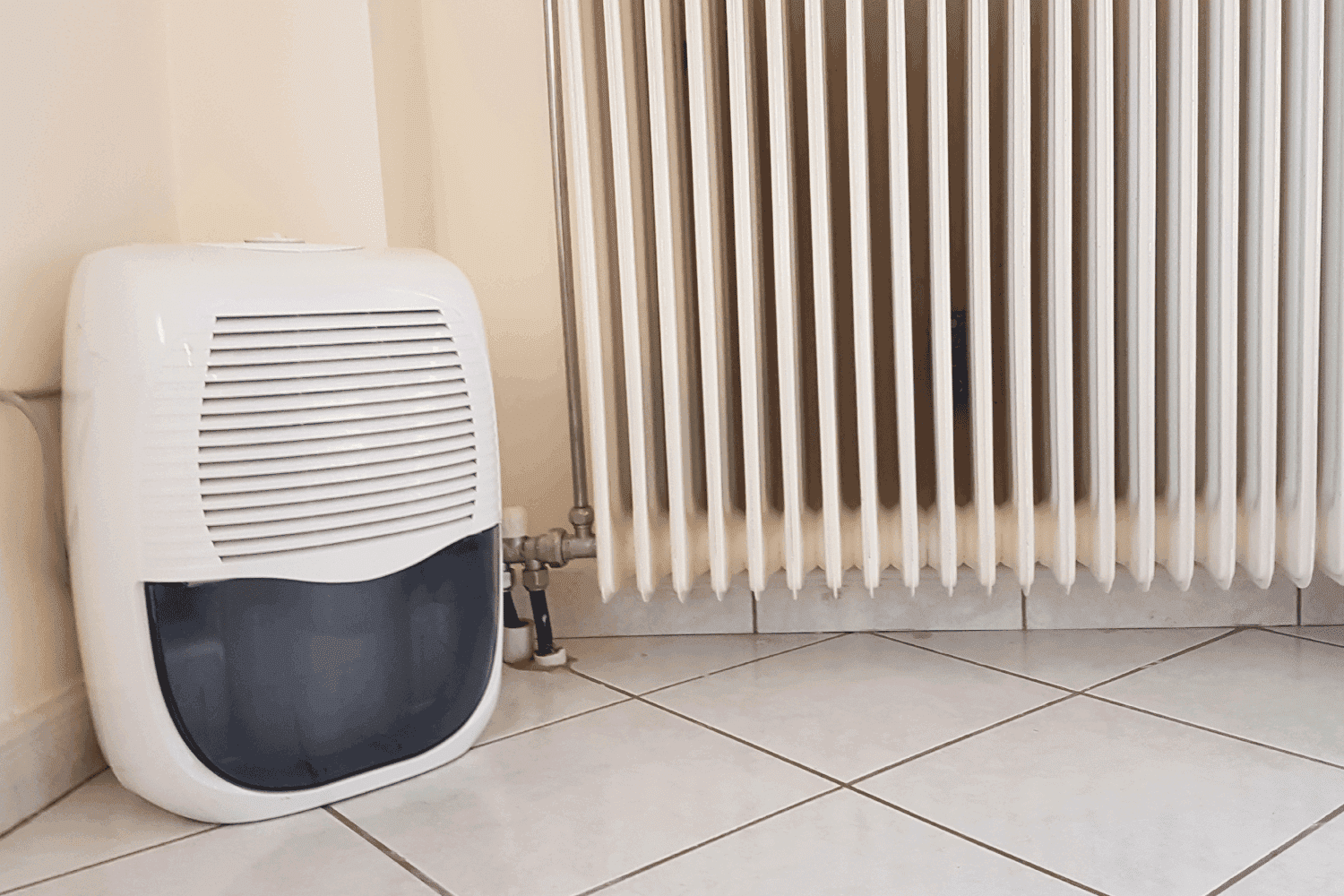
Avoiding Structural Damage to Home
One of the biggest dangers that come with having too much moisture in the air is structural damage to your home. When the air is too moist, it can cause the wood in your home to swell and crack. This may lead to several problems, including roof leaks and mold growth.
Sticky, Moist Air
If your house is inundated with sticky, moist air during the winter, adding a dehumidifier can help solve that problem.
Respiratory Issues
If your family members often struggle with respiratory issues during the winter, then it may be beneficial for you to add a dehumidifier to your furnace. Wet air can cause bacteria in the air, which could cause you and your family members to get sick more often.
Another big reason you may want to add a dehumidifier to your furnace is that it can reduce the number of allergens in the air. Dryer air means that there will be less moisture for mold and other allergens to grow.
This has several benefits, including helping those with asthma and allergies breathe easier and reducing the chance of respiratory infections.
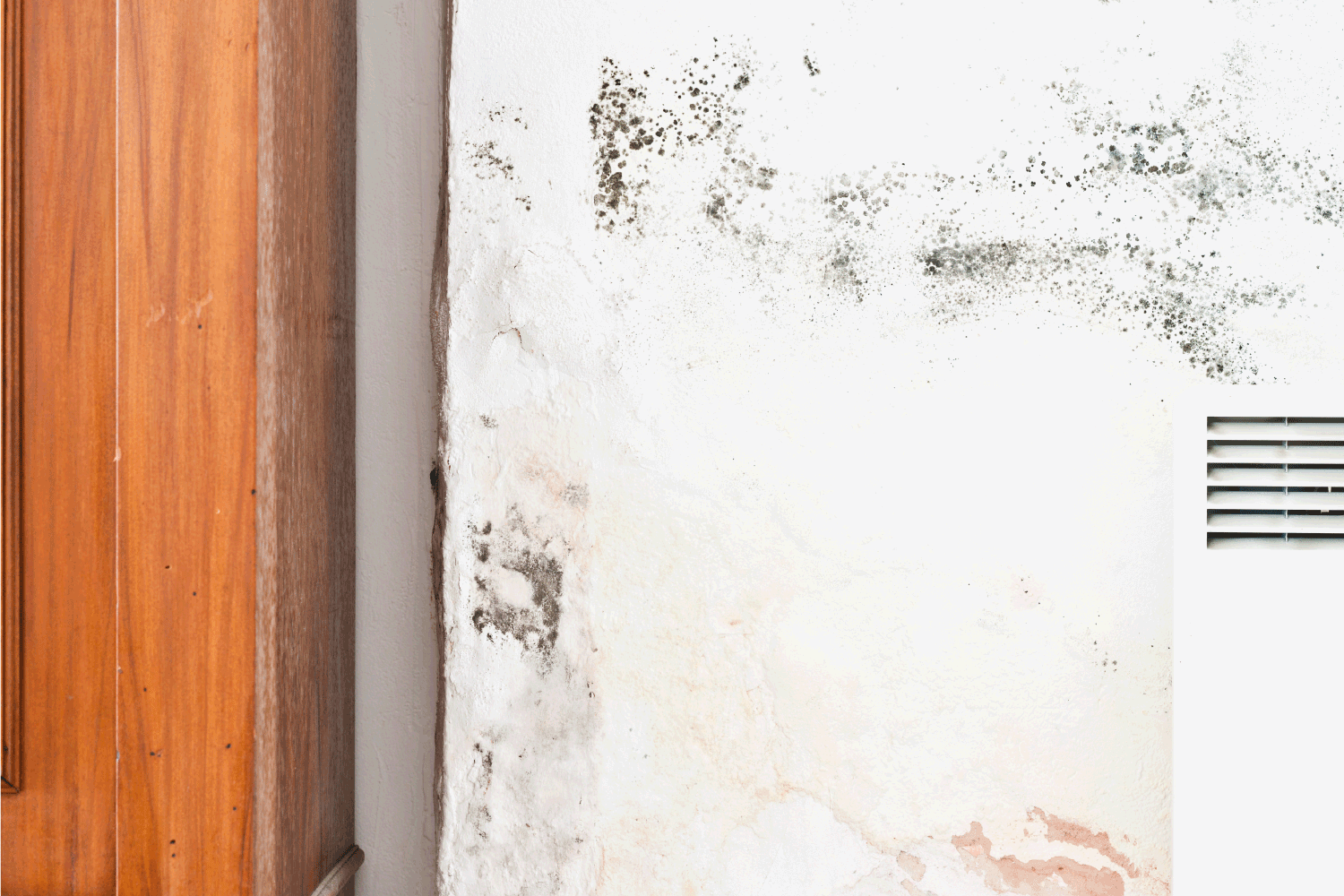
Mold growth
Mold loves damp, moist air, and it can grow in your home without a dehumidifier. Mold can also cause health issues in your home, so it is important to address it.
If you are seeing any of the following signs of mold growth in your home, it is vital to address the issue as soon as possible:
- The presence of black, green, or brown spots on your walls or ceilings.
- A musty odor in your home.
- Dark patches on your carpets or furniture.
- Stains on your walls that are either damp or appear to be sweating.
- Water damage to your home's foundation, walls, or ceilings.
A dehumidifier can be a great preventative measure against mold growth in your home.
Preserving Your Furniture
Dry air can cause your furniture to crack and split. It can also cause doors and window sills to warp. A dehumidifier ensures that the humidity levels in your home are maintained at 50% or less, which can help reduce these harmful effects.
Condensation on Windows and Doors
Condensation on windows and doors is a common issue in homes during the winter months. This is because cold surfaces attract warm, moist air.
A dehumidifier can help reduce this condensation by maintaining humidity levels which will help your windows and doors last longer.
Detering Pests
Pests, like dust mites, thrive in wet air. If you see any signs of pests in your home, then using a dehumidifier can benefit your family's health and keep pests away.
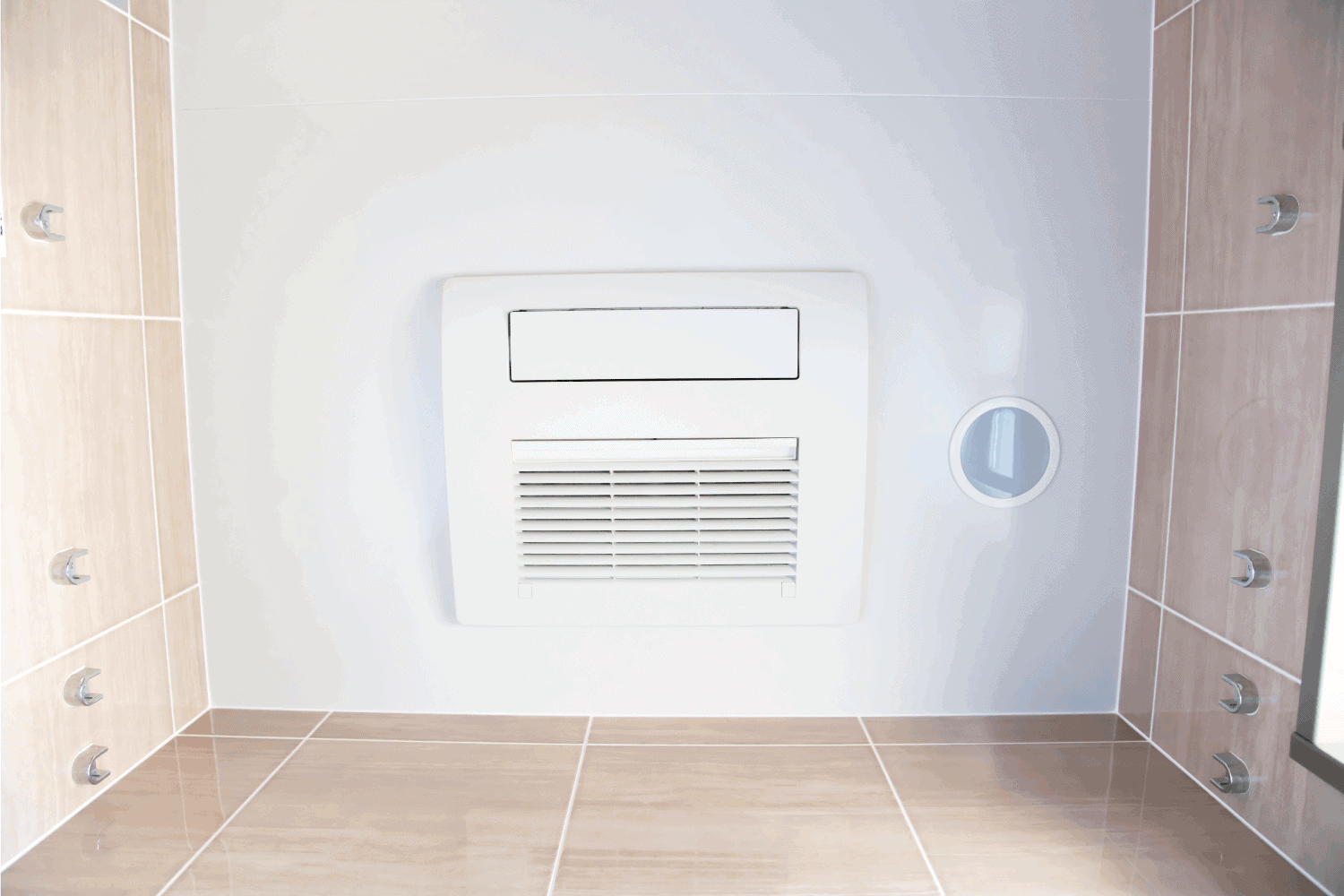
How much does it cost to add a dehumidifier to HVAC?
It isn't easy to put an exact cost on adding a dehumidifier to your home's HVAC system. Each company will charge different rates, but the average price ranges from $1,000-$3,000.
You can buy a separate unit if you don't want to invest in a whole dehumidifier system. You can buy a separate dehumidifier unit for $100 (on average). However, it will depend on how big your home is and how high the humidity is.
If you have a large home with several rooms and are experiencing moist air in your house, then you may need several dehumidifiers to solve your problem.
It would help if you also considered how long you plan on living in that home. If you are in it for the long haul and plan to live there for several years, then a whole dehumidifier unit might be the better option. In addition, it is a selling point when you plan to list your house for sale.
Find out the pros and cons of HVAC dehumidifiers by watching this video:
What is a Good Humidity Level in a House?
Typically, a humidity level of 30-40% is ideal for your home. But how do you check the humidity level in your house?
There are a few ways to test the humidity level in your home. One way is to use a hygrometer, which is a tool that measures the amount of moisture in the air. Another way is to use a psychrometer, which is a tool that measures both the temperature and the humidity in the air.
You can also check the humidity level in your home by feeling the air. If it feels damp, then the humidity level is likely high. If it feels dry, then the humidity level is likely low.
Whichever way you choose to test the humidity level in your home, it is important to take action if you find it too high or low.
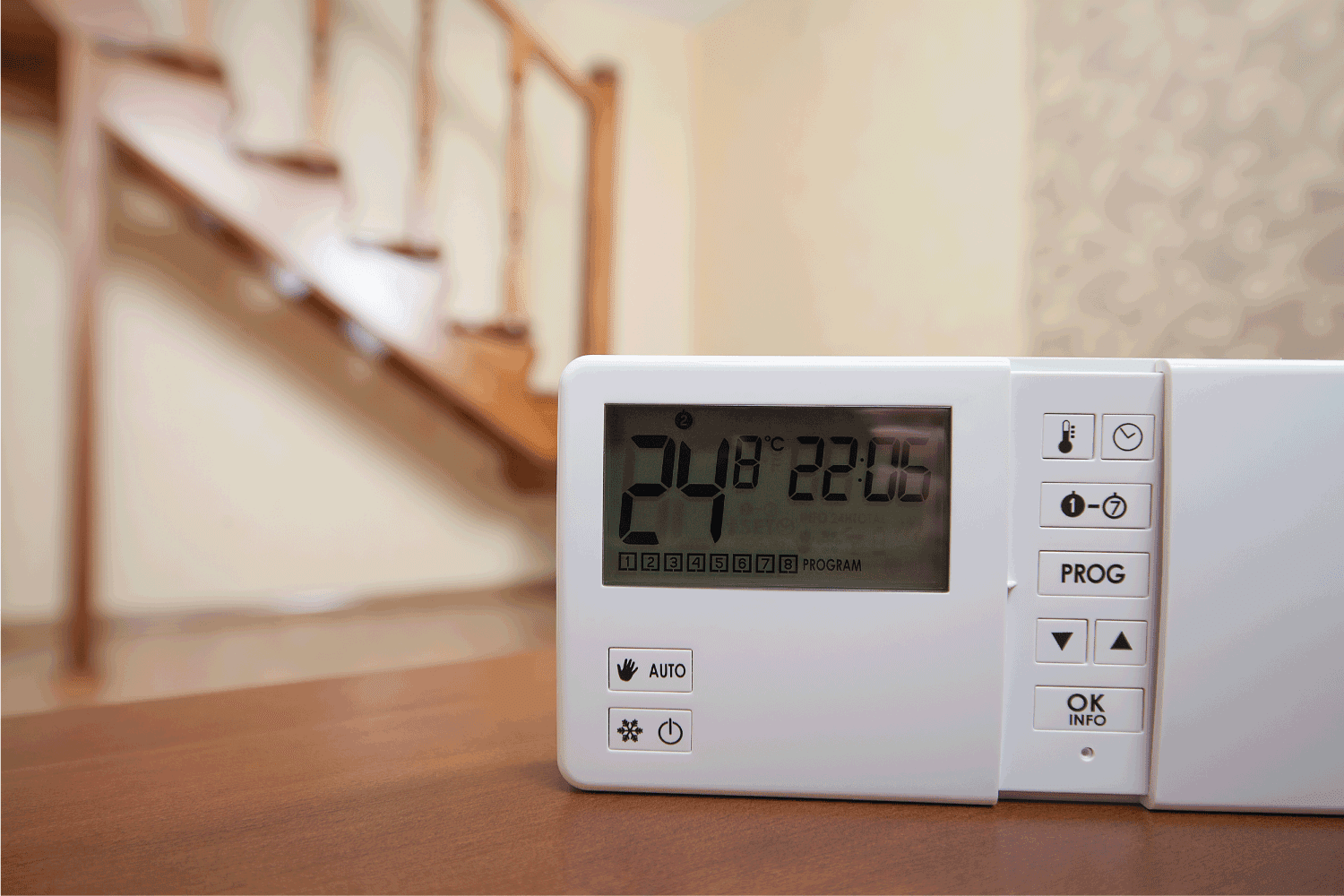
Does my house need a dehumidifier?
This question will depend on your circumstances and the air quality in your home. The first thing to do is check the humidity levels in your home. You can do this yourself or have an HVAC specialist do it.
If your humidity levels are over 50%, you may want to get a dehumidifier. However, as mentioned above, there are risks of having dry air in your home.
Here are the signs that you may need a dehumidifier in your home:
- Your furniture and wood floors are starting to warp.
- You have visible mold in your home.
- You are getting sick more often.
- You are experiencing allergies or asthma attacks more often.
If you experience any of these symptoms, it is crucial to take action and get a dehumidifier for your home. Not only will it help protect your floors and furniture, but you will also experience better health and breathing.
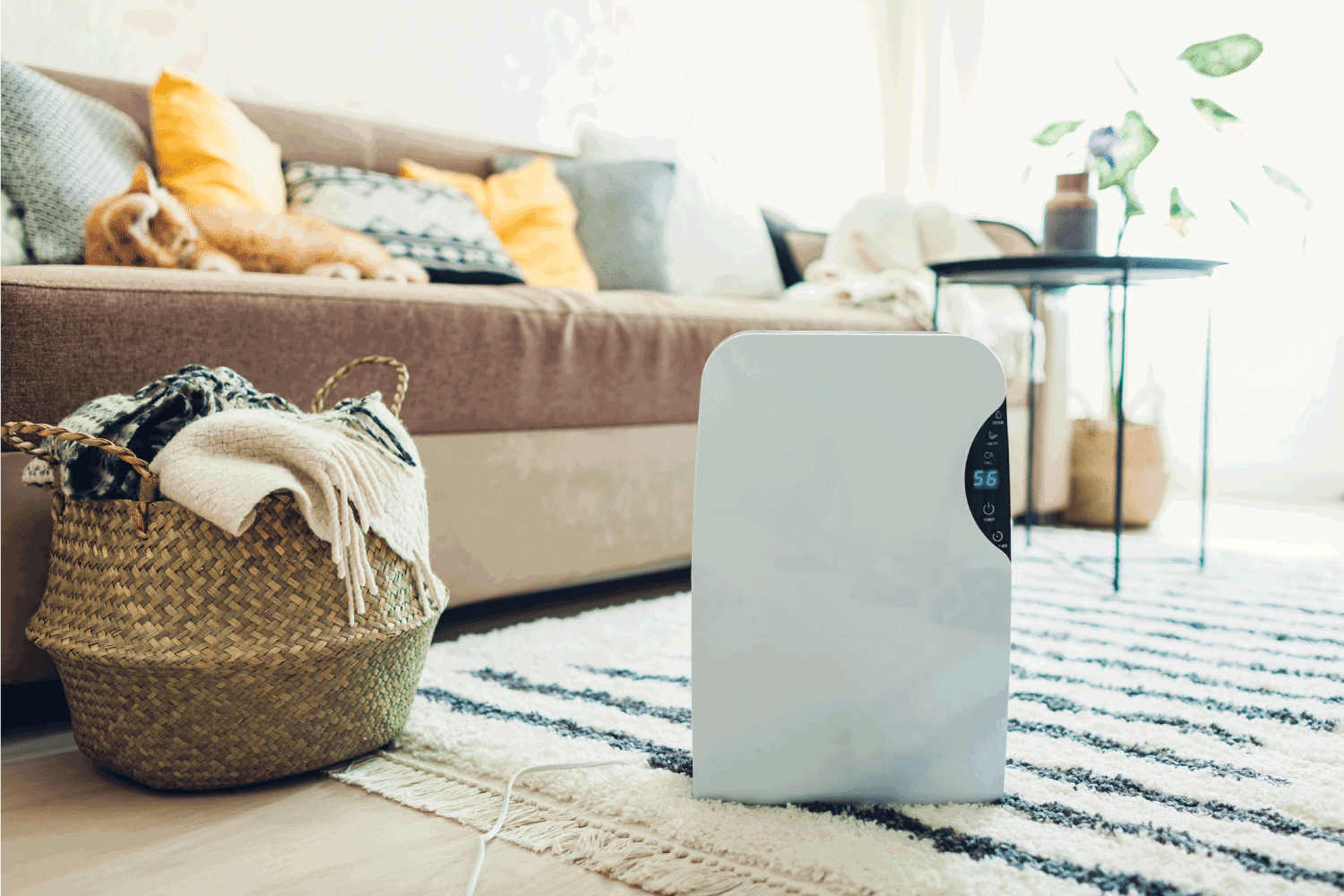
Will a dehumidifier in the basement help the whole house?
No, a dehumidifier in the basement will not help the whole house. A dehumidifier in the basement will only help remove moisture from the air in the basement.
If you are experiencing moist air throughout your entire home, you need a whole-house dehumidifier. This type of dehumidifier will connect to your home's HVAC system and will remove moisture from the air in all of the rooms in your house.
When you use a separate dehumidifier system, it will only help the room it's in. You need to decide if it is more important to save money by using individual dehumidifiers or spend the money on a whole-house unit.
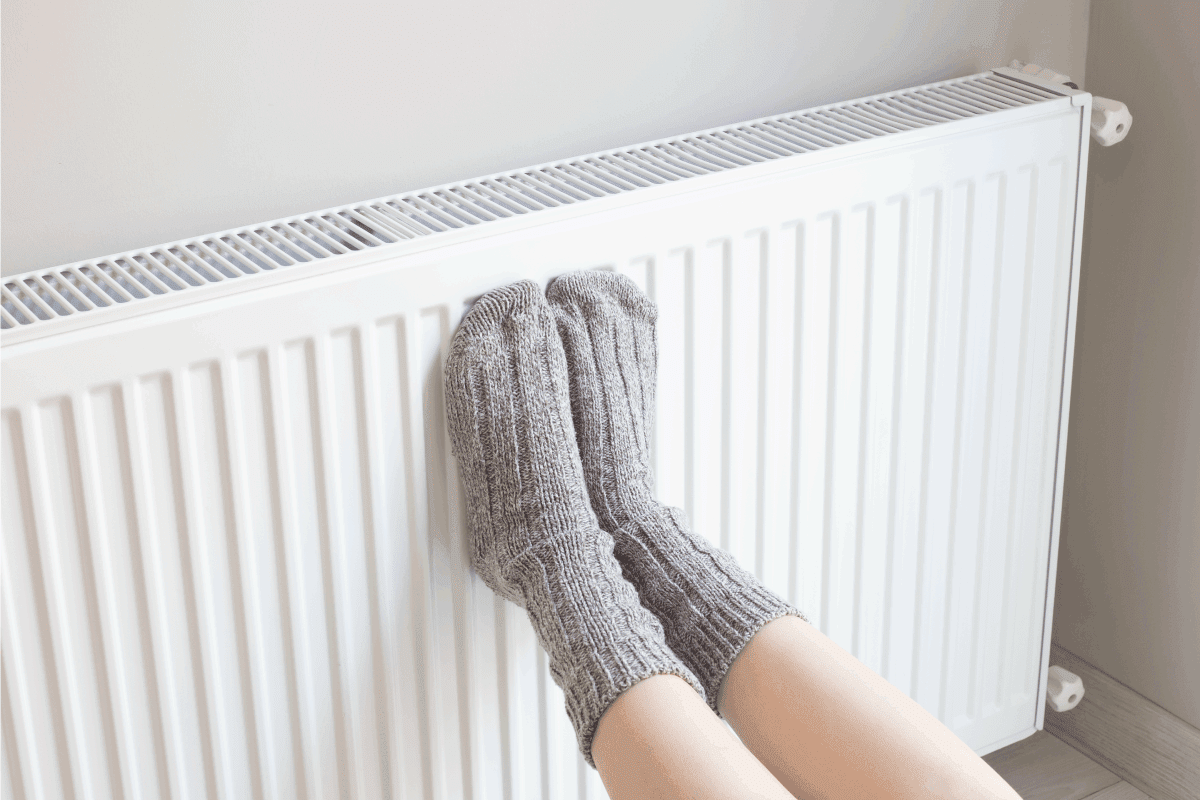
Final Thoughts
Deciding to add a whole dehumidifier system will come down to a few factors. First, you need to decide if you plan on living in the home for several years.
Second, you need to find out how dry your home is and if it is having effects on your health and causing issues in your home.
Lastly, you need to determine if paying $1,000-$3,000 for a whole dehumidifier system is within your budget.
Before you go, be sure to take a look at these other guides:
What Should Furnace Humidifier Be Set At [In Winter And Summer]?

Yes, I believe I need a dehumidifier in my house. Right now I have a portable in my basement and it does help. My walls have black spots which I clean often and the closets will also have black gray area. I think on the furnace sounds better.